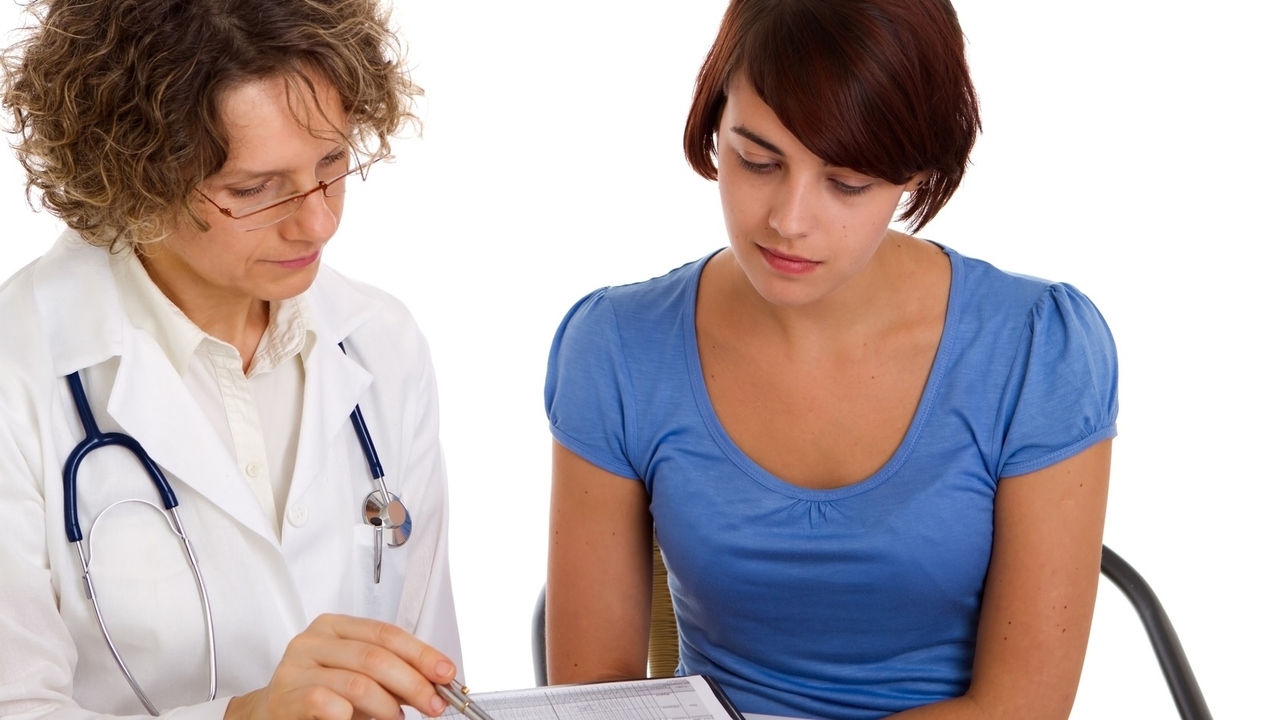Uterine fibroids are common benign tumors found in the uterus. Made up of muscle tissue, they grow within the uterine wall itself or attach to it.
Uterine fibroids can cause excessive menstrual bleeding, pelvic pain, and frequent urination; fibroids potentially can cause many health problems.
According to Pubmed Health, as many as one in five women may have fibroids during their childbearing years. They grow in response to stimulation by estrogen. These growths can show up as early as age 20 but are more common for women in their thirties. They tend to shrink after menopause when the body stops producing large amounts of estrogen.
Uterine fibroids can range in size, from microscopic to several inches across, filling the entire uterus and weighing tens of pounds. Fibroids grow slowly and although it is possible for just one fibroid to develop, usually there is more than one.
The exact reasons why some women develop fibroids are unknown. Fibroids tend to be genetic. Affected women often have a family history of fibroids.
Most often, uterine fibroids cause no symptoms at all so most women do not realize they have them. Only when a pelvic mass is discovered by a doctor do they find out.
But when women do experience symptoms, there are several. They can include menstrual periods that may last longer than normal, heavy menstrual bleeding, sometimes with the passage of blood clots, or bleeding between periods.
Fibroids may cause bloating, pelvic or lower abdominal pain or pressure, or a sensation of "feeling full" in the lower abdomen. They can put pressure on the rectum, resulting in constipation or gas.
Sufferers may feel pressure on the bladder, which may cause frequent urination and a sense of urgency to urinate and, rarely, the inability to urinate.
Other symptoms are pelvic cramping or pain with periods and during sexual intercourse. Some women notice an increase in size around the waist and change in abdominal shape.
Some experts believe uterine fibroids can occasionally interfere with fertility and pregnancy. Others say it is rare that a uterine fibroid projecting into the uterus might either block an embryo from implanting or cause problems with pregnancy.
Most uterine fibroids do not need treatment as they cause little to no symptoms or problems. Those causing problems may be treated with surgery or non-surgical options.
A health care professional can help determine if changes in menstrual patterns, or fullness or pain in the lower abdomen, is the result of uterine fibroids.
Sources:
http://www.ncbi.nlm.nih.gov/pubmedhealth/PMH0001912/
http://www.nuff.org/health_uterinefibroids.htm
http://women.webmd.com/uterine-fibroids/uterine-fibroids
http://www.emedicinehealth.com/uterine_fibroids/article_em.htm
Reviewed on May 17, 2011
Edited by Alison Stanton



Add a CommentComments
There are no comments yet. Be the first one and get the conversation started!